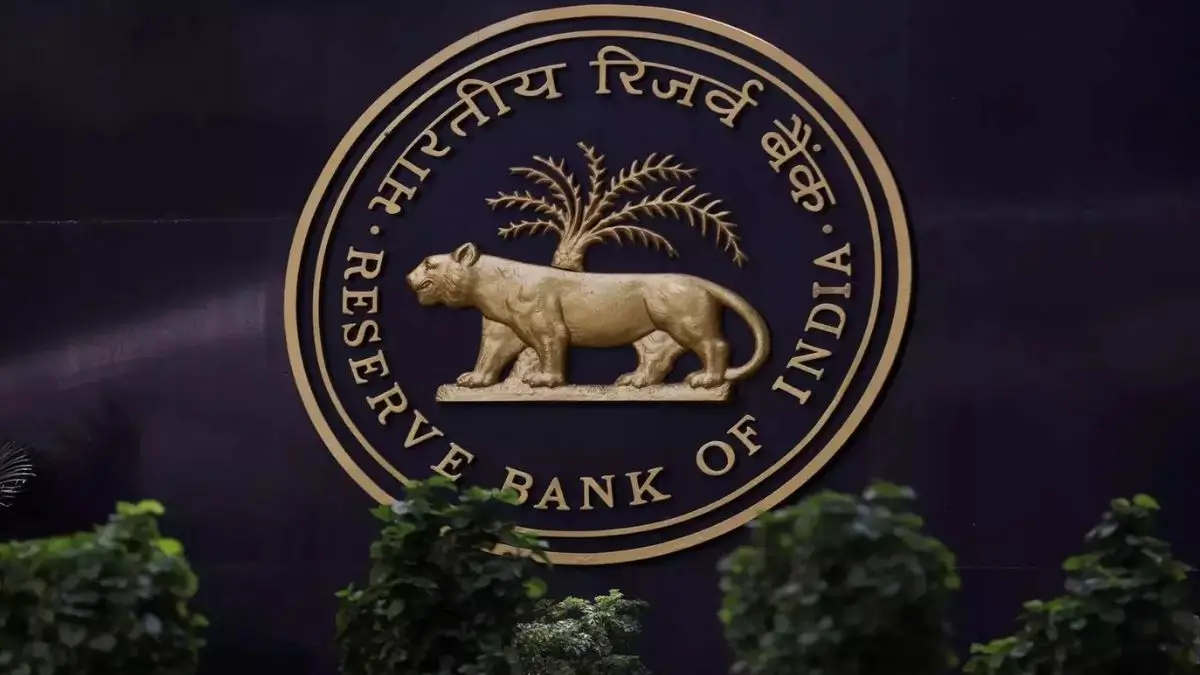In a significant move to promote digital payments in India, the Union Cabinet has approved a ₹1,500 crore incentive scheme for banks facilitating Unified Payments Interface (UPI) transactions. This decision is aimed at bolstering the adoption of digital payments and reducing reliance on cash transactions. The scheme will compensate banks for their role in processing low-value UPI transactions, ensuring financial inclusion and greater digital penetration across the country.
What is the UPI Incentive Scheme?
The UPI incentive scheme is designed to provide financial support to banks that facilitate UPI-based transactions. Since UPI transactions are processed without merchant discount rates (MDRs), banks do not earn direct revenue from these transactions. This scheme ensures that banks remain financially motivated to support UPI, thereby sustaining India’s digital payment ecosystem.
The scheme will focus primarily on:
- Encouraging banks to maintain seamless UPI operations.
- Supporting smaller banks and payment service providers in upgrading their digital infrastructure.
- Boosting rural and semi-urban digital transactions, ensuring financial inclusion for all sections of society.
Importance of UPI in India’s Digital Economy
The UPI system, developed by the National Payments Corporation of India (NPCI), has transformed the way financial transactions occur in India. With over 12 billion transactions per month, UPI has become a critical tool for everyday payments, eliminating the need for cash. The government’s Digital India initiative has played a crucial role in promoting digital payments, making India a global leader in real-time transactions.
This incentive scheme will further strengthen the digital payments framework by ensuring uninterrupted services and expanding UPI’s reach, particularly in remote areas.
Government’s Vision Behind the Scheme
The ₹1,500 crore UPI incentive scheme aligns with the government’s broader goal of achieving a cashless economy. By encouraging digital transactions, the scheme aims to:
- Reduce black money circulation.
- Improve transparency in financial transactions.
- Enhance ease of doing business.
- Promote economic growth by reducing dependency on cash-based transactions.
How Will Banks Benefit from the Scheme?
Banks will receive direct incentives for processing small-value Person-to-Merchant (P2M) and Person-to-Person (P2P) UPI transactions. This will:
- Offset operational costs for banks.
- Ensure banks continue investing in cybersecurity and fraud prevention in digital payments.
- Provide better infrastructure to handle higher transaction volumes.
Challenges in Implementing the Scheme
While the scheme is expected to boost UPI adoption, some challenges remain:
- Ensuring equal distribution of incentives among large and small banks.
- Preventing fraudulent transactions due to increased digital penetration.
- Maintaining a balance between digital payment incentives and banks’ operational costs.
Despite these challenges, the initiative is expected to have a positive impact on India’s digital financial landscape.

Why This News is Important?
Boosting Digital Payment Infrastructure
This scheme strengthens India’s digital payment ecosystem, ensuring smooth UPI transactions for millions of users. With rapid growth in UPI adoption, this incentive will support banks in handling higher transaction volumes efficiently.
Promoting Financial Inclusion
The incentive scheme will enhance digital payment adoption in semi-urban and rural areas, where UPI usage is still growing. By incentivizing banks, the government ensures that even small merchants and individuals benefit from digital transactions.
Encouraging Cashless Economy
India has been pushing towards a less-cash economy, and this initiative aligns with that vision. By making digital transactions cost-effective for banks, the government ensures that cash dependency is reduced significantly.
Reducing Banking Burden
Banks often bear the operational cost of processing free UPI transactions. The ₹1,500 crore incentive will reduce financial pressure on banks, enabling them to focus on digital innovation and fraud prevention.
Historical Context
Evolution of UPI in India
UPI was launched in 2016 by NPCI to enable instant digital payments through mobile phones. Since then, it has become the largest real-time payment system globally, processing billions of transactions monthly.
Previous Government Initiatives for Digital Payments
The Indian government has introduced several incentives and policies to promote digital payments:
- Demonetization (2016): Pushed people towards digital payment adoption.
- Zero MDR Policy (2019): Banks stopped charging fees on UPI transactions, making digital payments free for users.
- Digital India Initiative (2015-Present): Encourages a cashless economy through incentives and awareness campaigns.
The latest ₹1,500 crore UPI incentive scheme builds on these previous efforts, ensuring continuous growth of digital payments in India.
Key Takeaways from Cabinet’s ₹1,500 Crore UPI Incentive Scheme
| S. No. | Key Takeaway |
|---|---|
| 1 | The Indian government has approved a ₹1,500 crore UPI incentive scheme for banks. |
| 2 | The scheme aims to encourage banks to support low-value UPI transactions despite the zero MDR policy. |
| 3 | It will help in promoting digital payments, especially in rural and semi-urban areas. |
| 4 | The initiative aligns with the government’s Digital India and cashless economy vision. |
| 5 | The incentive will reduce banks’ financial burden and boost digital infrastructure for seamless transactions. |
FAQs: Frequently Asked Questions
1. What is the purpose of the ₹1,500 crore UPI incentive scheme?
The scheme aims to compensate banks for processing UPI transactions, ensuring continued growth and seamless digital payment operations in India.
2. Why do banks need incentives for UPI transactions?
Banks do not earn merchant discount rates (MDR) on UPI transactions, leading to financial burdens. The incentive helps cover operational costs and infrastructure development.
3. Who will benefit from the UPI incentive scheme?
Banks, digital payment service providers, and consumers will benefit, ensuring efficient and secure digital transactions across the country.
4. How will this scheme impact digital transactions in rural areas?
The scheme will promote financial inclusion by encouraging banks to expand digital payment infrastructure in semi-urban and rural regions.
5. What role does NPCI play in UPI transactions?
The National Payments Corporation of India (NPCI) operates the UPI platform, ensuring smooth and secure digital transactions.
Some Important Current Affairs Links

















